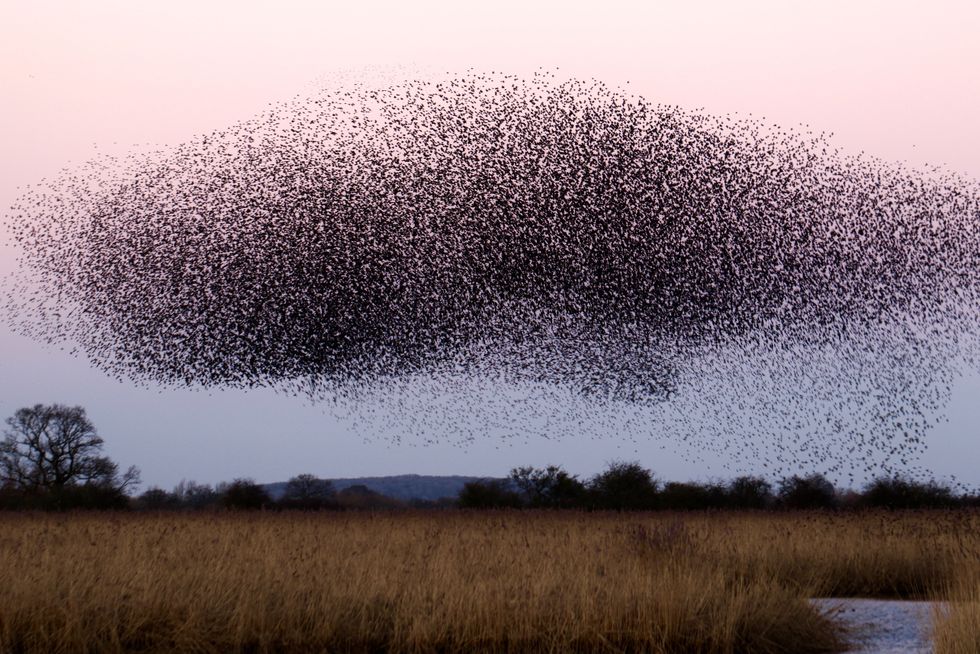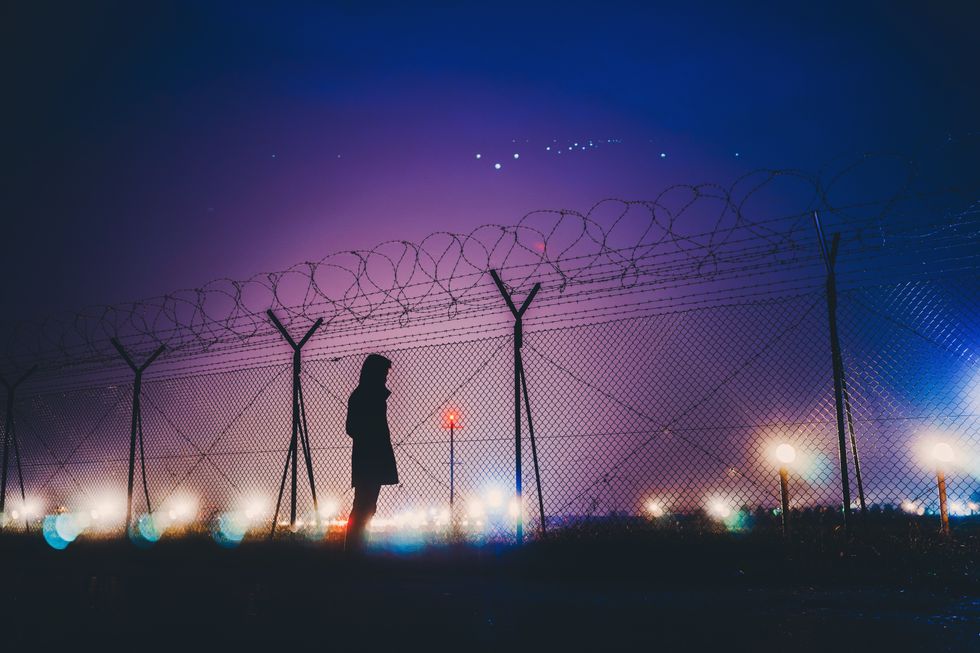Poetry is a life-cherishing force. For poems are not words, after all, but fires for the cold, ropes let down to the lost, something as necessary as bread in the pockets of the hungry. -A Poetry Handbook
Whenever I've reached a difficult point in my life, I turn to poetry. Poems can calm my nerves, mollify my fears, and then spur me to action.
For me, most of that poetry is by Mary Oliver. Whenever I open a new poetry collection of hers and start reading, I feel as if I have paused my life's endless wandering and have finally arrived at home. Her words are a gift to the hurting and the lost; they ignite passion in the hearts of the most afraid.
1. When I feel conflicted
You do not have to be good.
You do not have to walk on your knees
for a hundred miles through the desert, repenting.
You only have to let the soft animal of your body
love what it loves. - "Wild Geese"
I think of this excerpt sometimes whenever I feel conflicted between what I want, what others expect, and what is the easiest or most logical thing to do. People are too often inclined to hold themselves back from their dreams or passions out of some guilt that can coincide with the pursuing of those vital things. These words remind me of the limited time I have on earth to love what or who I love. It is in turns humbling, soothing, and provoking.
2. When I'm down or grieving
I want to think again of dangerous and noble things.
I want to be light and frolicsome.
I want to be improbable beautiful and afraid of nothing,
as though I had wings. - "Starlings in Winter"
This is the last stanza in a poem in which the speaker is observing starlings flying from a telephone wire in the winter. The speaker is trying to get past grief and after seeing this simple action in nature, they see a lesson in it and crave to be "light and frolicsome" like the birds.
Repetition of "I want" emphasizes the deep and aching desire to move past the grief and the heaviness and to dream again. Especially when I feel I am in some dark period of my life, this poem is my reminder that I can and will get past it.
3. When I want to put up boundaries
I tell you this
to break your heart,
by which I mean only
that it break open and never close again
to the rest of the world. - "Lead"
Honestly, the idea of leaving my own heart open to the world is terrifying, especially in what seems to be an age of fear, terror, and division. To me, this means that no matter the past, I should leave my heart open to those who need it, which takes much more strength than closing it off. This is a lesson I still have not quite learned.
4. When I'm living without purpose
Tell me,
what is it you plan to do
with your one
wild and precious life? - "The Summer Day”
It is easy for me to simply go through life without thinking about what I’m doing in the present to ensure that I will be where I want to be in future. My best friend gave me a necklace with this quote on it, and I appreciate the reminder even when it exhausts me to even think about answering this question. Oliver asks this necessary question to challenge her readers to be bolder, acknowledge their worth, and to plan their “one wild and precious life.”
5.When I'm too caught up in my own mind and worries
I go down to the shore in the morning
and depending on the hour the waves
are rolling in or moving out,
and I say, oh, I am miserable,
what shall—
what should I do? And the sea says
in its lovely voice:
Excuse me, I have work to do. -"I Go Down To The Shore"
This poem is almost storybook-like in its light humor and its lesson. When reading this, I acknowledge the self-centric mindset I take when I am too worried for too long. It should be acknowledged that no one of us is alone in our efforts or struggles.
Oliver has given me more lessons through her poetry than I have learned through most books. Her poetry makes me feel comforted in my sorrows, convicted to do more, and grateful for the restorative power of words.























